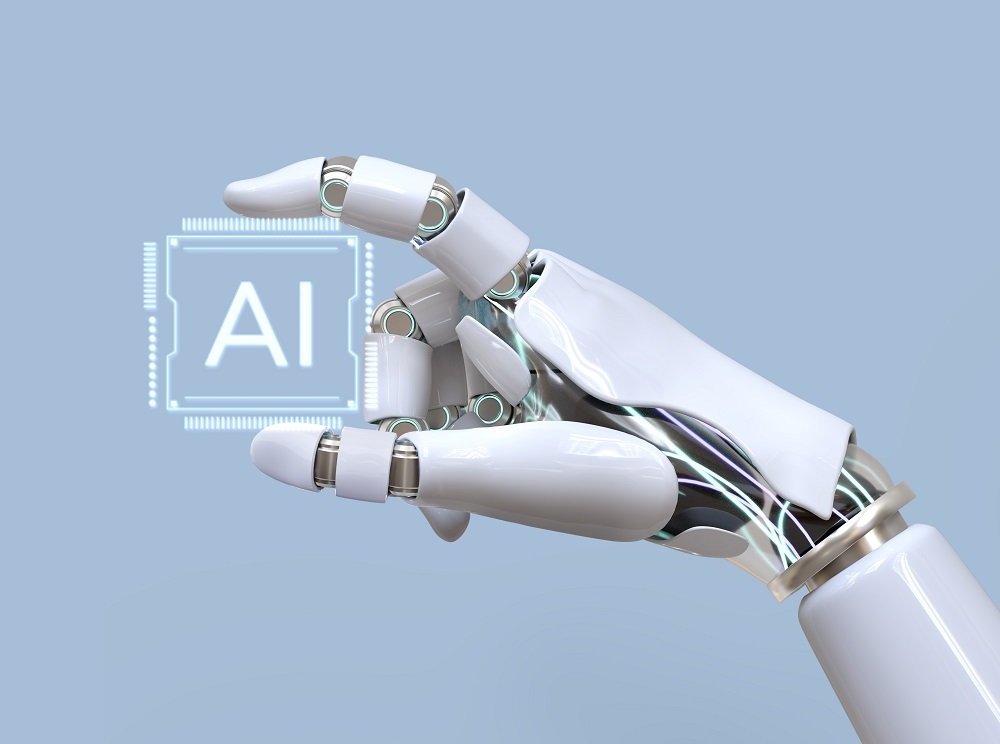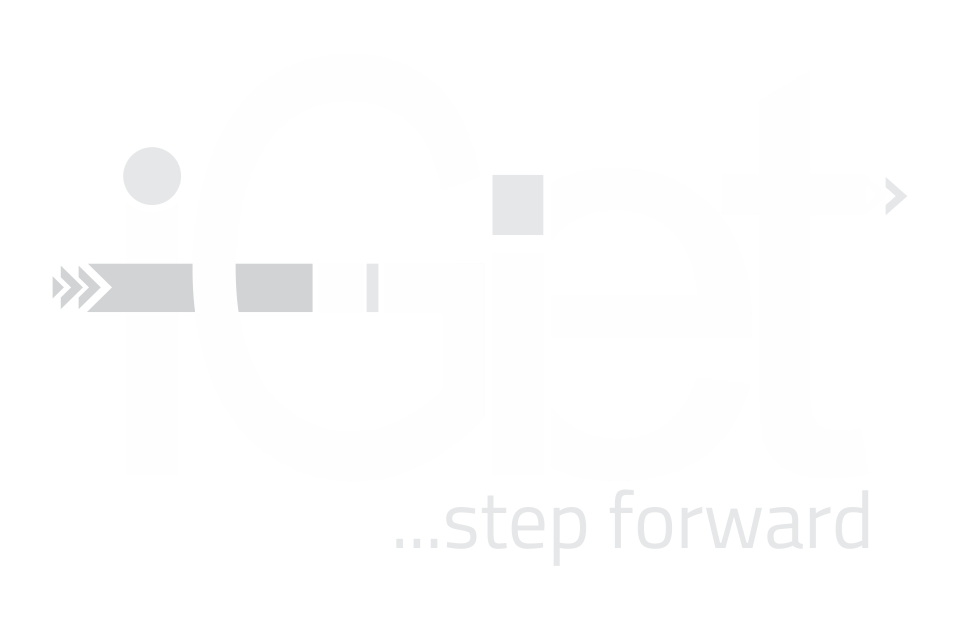
The Role of AI in Public Sector Decision-Making
Artificial Intelligence (AI) is revolutionizing how governments make decisions, improving efficiency, transparency, and public service delivery. From data-driven policymaking to automated citizen services, AI is transforming governance in Nigeria and across Africa.
How AI is Transforming the Public Sector
1. Data-Driven Policy Making
AI enables governments to analyze vast amounts of economic, social, and environmental data to make informed policies.
Example: AI can predict food shortages based on weather and agricultural trends, allowing early intervention.
2. AI-Powered Public Services & Chatbots
Governments can use AI chatbots and virtual assistants to handle common citizen inquiries, reducing bureaucratic delays.
Example: AI-powered e-government portals can process tax filings, business registrations, and social welfare applications more efficiently.
3. Predictive Analytics for National Security
AI helps governments detect security threats, track cybercrime, and prevent fraud by analyzing suspicious activities in real-time.
Example: AI surveillance and facial recognition systems are used to enhance public safety in smart cities.
4. AI in Healthcare Policy & Public Health
AI-driven analytics assist governments in tracking disease outbreaks, improving healthcare resource allocation, and forecasting pandemics.
Example: During COVID-19, AI was used to predict the spread of the virus and allocate medical supplies accordingly.
5. AI for Smart Infrastructure & Traffic Management
AI optimizes traffic control systems, energy consumption, and urban planning, leading to smarter, more sustainable cities.
Example: AI-powered traffic monitoring can reduce congestion and improve road safety.
Challenges of AI Adoption in Government
Despite its benefits, AI in government comes with challenges:
- Data Privacy & Security Risks – AI systems handle sensitive public data that must be protected.
- Bias in AI Algorithms – Poorly trained AI models can lead to unfair policies.
- High Implementation Costs – AI systems require investment in infrastructure and skilled personnel.


The Future of AI in Public Sector Governance
AI is reshaping public administration, making it more efficient, accountable, and responsive to citizens’ needs. Governments that embrace AI will gain a competitive edge in public service delivery and policy execution.
Is your organization ready for AI-driven transformation?



